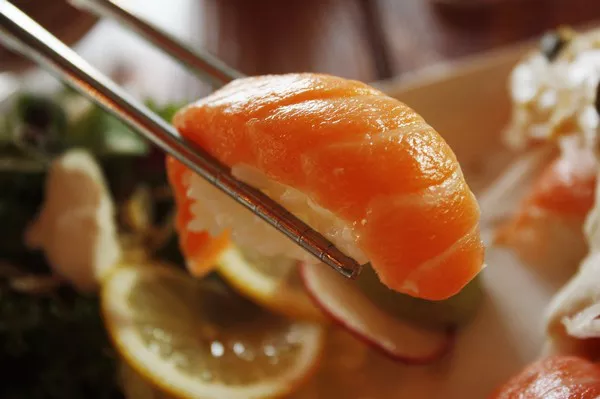Losing weight can be a difficult and challenging process, but making certain dietary changes can help aid in the weight loss journey. While there are many healthy foods that can support weight loss, it’s also important to pay attention to the foods you should avoid to achieve optimal results.
Below are some common foods to stay away from if you want to lose weight:
-
Processed Foods
Processed foods are typically high in calories, unhealthy fats, and sugar. These convenience foods are often low in fiber and essential nutrients, leading to feelings of hunger and unsatisfactoriness that can cause overeating. Regularly consuming these types of foods has been linked to various chronic diseases such as diabetes, obesity, and heart disease.
Examples of processed foods include chips, crackers, cookies, candy bars, and frozen meals. It is best to replace these with whole, unprocessed foods such as fresh fruits and vegetables, lean proteins, and whole grains.
-
Sugary Drinks
Sugary drinks are one of the major sources of empty calories in the modern diet. These beverages contain high amounts of added sugars, which can lead to weight gain and other health issues. Consuming sugary drinks regularly has been linked to an increased risk of type 2 diabetes, heart disease, and fatty liver disease.
Examples of sugary drinks include soda, sports drinks, sweetened tea, and energy drinks. Instead, opt for water, infused water, or unsweetened tea to quench your thirst.
-
Fried Foods
Fried foods such as french fries, fried chicken, and onion rings are high in calories, saturated and trans fats, and sodium. These foods have also been associated with an increased risk of heart disease, obesity, and other health problems.
Grilled, baked, or roasted alternatives provide similar flavors and textures while being much healthier. Alternatively, consider using an air fryer to create healthier versions of your favorite fried foods.
-
White Bread and Pasta
White bread and pasta are highly refined carbohydrates that are low in fiber, vitamins, and minerals. These foods are typically high on the glycemic index, causing blood sugar spikes and crashes that can lead to overeating and weight gain.
Instead, opt for whole-grain bread and pasta, quinoa, and brown rice, which are rich in fiber and nutrients that help you feel full for longer periods of time.
-
High-Fat Meats
High-fat meats such as bacon, sausage, and fatty cuts of beef and pork are high in saturated fat, which can increase the risk of heart disease and other chronic conditions. Additionally, these meats are typically high in calories, leading to weight gain if consumed regularly.
Lean protein sources such as poultry, fish, and plant-based proteins like legumes and tofu provide similar nutritional benefits and fewer calories.
-
Candy and Sweets
Candy and sweets are high in added sugars and calories, with very little nutritional value. Regular consumption of these foods has been linked to weight gain, type 2 diabetes, and heart disease.
Try replacing candy and sweets with fresh fruits or berries, which are naturally sweet and nutritious. Alternatively, dark chocolate, when eaten in moderation, can provide a satisfying sweet treat without being overly unhealthy.
-
Alcohol
Alcoholic beverages such as beer, wine, and cocktails are high in calories, contributing to weight gain if consumed regularly. Alcoholic drinks also tend to lower inhibitions, making it more likely to overeat while drinking.
Limiting alcoholic intake helps support weight loss efforts. When choosing to drink, stick to low-calorie options such as light beer, spirits mixed with seltzer or soda water, or wine.
Final Thoughts
Losing weight is a journey that requires discipline and consistency. Avoiding processed foods, sugary drinks, fried foods, white bread and pasta, high-fat meats, candy and sweets, and alcohol can help aid in the weight loss journey. Replacing these foods with fresh fruits and vegetables, lean proteins, whole grains, and drinking plenty of water are important steps towards achieving and maintaining a healthy body weight. Remember that small changes to your diet and lifestyle can have a significant impact on overall health and well-being.
Recommended reading:


